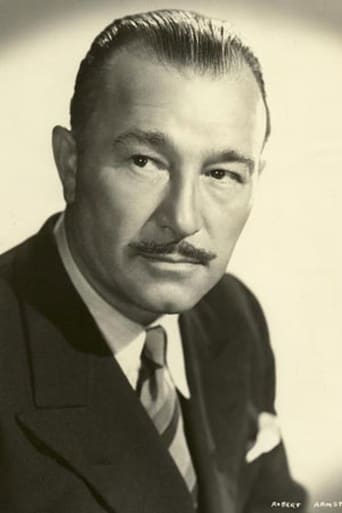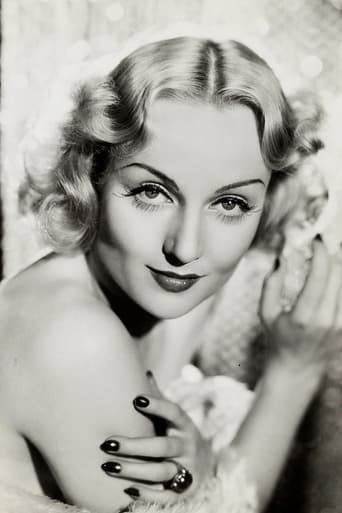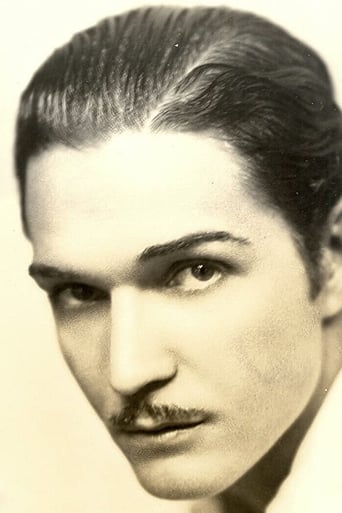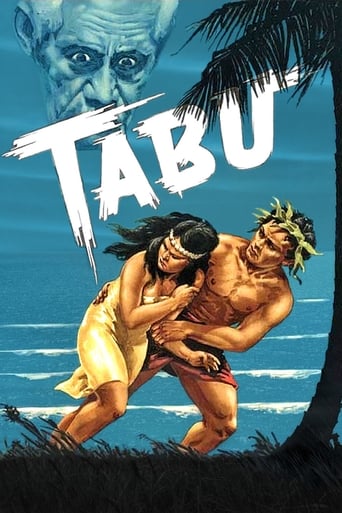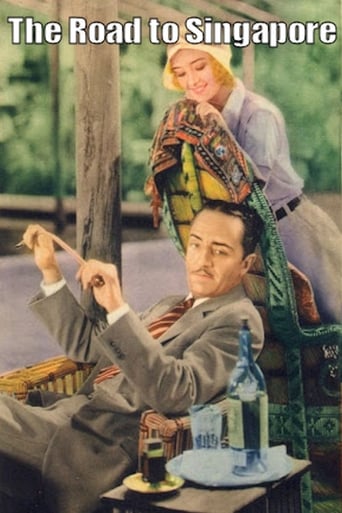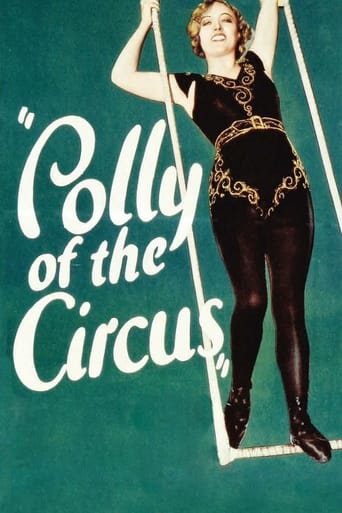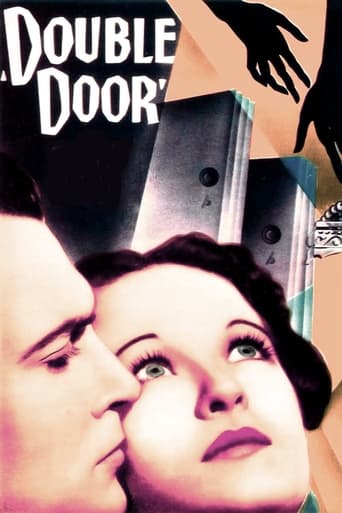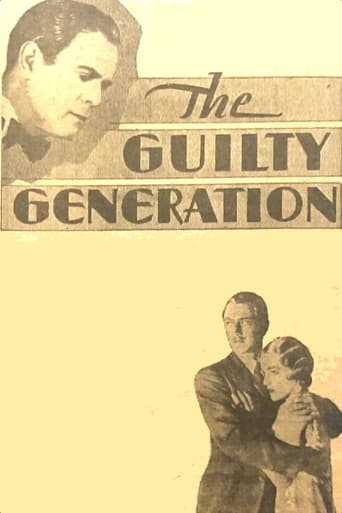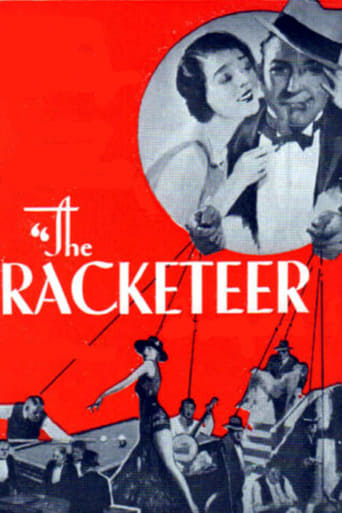
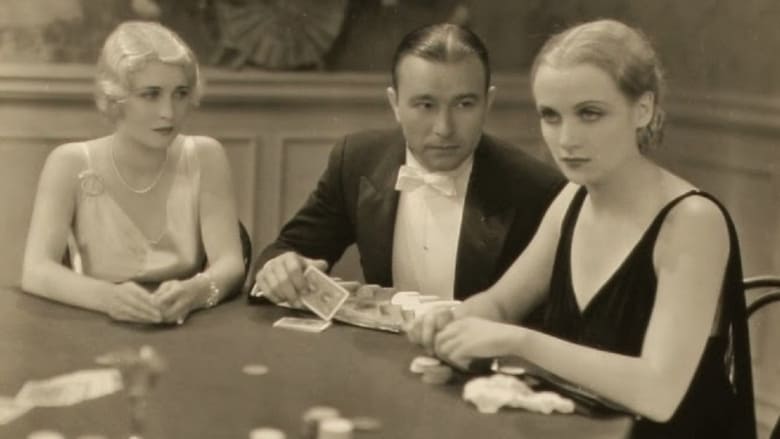
The Racketeer (1929)
A dapper gangster sponsors an alcoholic violinist in order to win the love of a glamorous divorced socialite.
Watch Trailer
Cast


Similar titles
Reviews
Who could establish if Armstrong's Mahlon K. is a good role? The actor looks so much his role, and so well, it's puzzling. Dependable supporting cast: Kit Guard and Al Hill; as often with the Pre-Code movies, the script is fundamentally right, whether it's masterful and crafty, or not, but the main thrust exists, and the scenes are leisured, unhurried, as the nice one with Al Hill being menaced, threatened by Paul Hurst. Because the players are unaccustomed with the new asset (i.e., the sound), the movie gains an uncanny dignity; you can feel at once the inexperience and the eagerness. I enjoyed the scene with the orchid. The movie is about the gangsters and about the glamorous world, but more about the gangsters, and we come to know him better than his girlfriend. The romance is one side of Mahlon's existence, as is his presence at the charity, etc.. So, the movie's title gives the right idea about its content. The characters' psyches aren't very profoundly probed, nor is the story echoing meaningful, but it's a way they play the gangsters, as when Squid denies, in front of the racketeer, having witnessed Gus' move, a gnarled style that has been neglected or abandoned later, a powerhouse and streetwise vehement style, sometimes coarse or pompous (the initial scenes with Mahlon), a bombastic roughness of the guttersnipes; the characters' names are nicely chosen: Mahlon, Rhoda, Mehaffy, Squid .The cast is better than the script; I liked the writing of the scenes, yet the plot is somewhat generic, and the romance could of been deepened more thoroughly (a divorcée rebel girl is ready to marry a racketeer when her passion, a drunkard musician, seems to wish to leave her).Hedda Hopper does her role of cheeky casualness, a nonchalant, worldly and domineering lady, a situation when someone's delusions of appeal serve the role.Kit Guard plays the henchman, Gus.
Mahlon Keane, the racketeer of the title, is in control of New York; if a serious crime takes place he knows about it; whether it is a bank robbery or the theft of the police commissioner's car. He enjoys winding up the police; in the opening scene we see him give a drunken violinist fifty dollars and put him in a cab so a cop can't arrest him for vagrancy. The violinist is a friend of attractive divorcée Rhoda Philbrooke; she is determined to get him off the booze and back on the stage but lacks the money she needs. She takes the fifty bucks to a charity evening and proceeds to a poker table where Keane is acting as dealer. Things start well but then it looks like she is going to lose; until she is able to switch a card while the other players are distracted. Keane sees her cheat but covers for her. Later he visits her and helps with her friend. As time passes they grow closer but Keane's business could ruin their relationship.Being over eighty years old it isn't surprising that the film looks dated literally. No doubt it was nice and crisp when first shown but by the time it was put on DVD the print was inevitably rather scratched and otherwise degraded. At sixty six minutes it is fairly short but it doesn't feel too rushed. Robert Armstrong does a good job as Keane; a believable villain who can be threatening one minute and charming the next. Carole Lombard is equally good as Rhoda; attractive and likable but also a flawed character. The ending won't come as much of a surprise as no criminal could be seen to get a happy ending in those days. The action seems very tame by today's standards and some of the talking seems a little stagey; still I found this an enjoyable way to pass an hour.
Stiff early talkie shows its age and some of the growing pains of the transition from silent to sound. Like many early films it packs a lot of story in its brief running time, sometimes too much. The story is run of the mill but moves at a breakneck pace so it never drags.You can see some of the difficulties encountered in the switch over to sound in the setup of scenes, often people are right on top of each other when they speak and the lack of natural movement of some players. Even the usually loose and animated Lombard seems constrained. A small piece of trivia: this was the last time she was billed as Carol rather than Carole. When the film opened she saw her name misspelled on a marquee liked the look of the alternate spelling feeling it made it more distinctive and adopted it from that point on.The film is an ordinary programmer but it you're a fan of Lombard it's worth seeking out once.
Carole Lombard stars in this transition period film. This film is a typical example of a very early "talkie" (First practical sound film was "The Jazz Singer", 1927). Overall, the acting in this film tends to be extremely broad and very melodramatic.The viewer may easily note that the actors are still "acting" for a silent film, and this combined with the overly pronounced, overly earnest dialog (It seems most likely a diction-elocution-drama coach was employed extensively to teach the "silent" actors to speak lines), creates some rather comical scenes which were not at all intended to be comical.Carole Lombard's later great acting ability is all but unrecognizable underneath all the broad gestures, melodrama, and eager earnestness.Mainly interesting as an historical curiosity of the period, and for it's completely unintended comedy-camp value.


